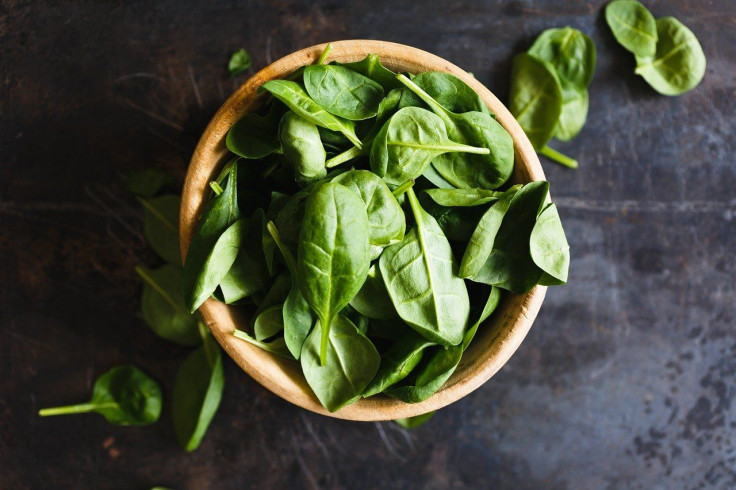Shenandoah Growers Recalls Organic Basil Amid Possible Parasite Contamination
KEY POINTS
- Shenandoah Growers is issuing a limited, voluntary recall of its organic basil
- The affected products were recalled because of a possible health risk from cyclospora
- Cyclospora parasite can cause an intestinal infection known as "cyclosporiasis"
Shenandoah Growers voluntarily recalled several lot codes of its organic basil amid possible parasite contamination.
In its public statement, the company said it issued the limited recall "out of an abundance of caution" after the possible presence of Cyclospora parasite was detected in a sample of a bulk product during routine surveillance by the Food and Drug Administration (FDA) in Miami.
In total, the company is pulling 3,240 units of organic, fresh-cut basil under the brand names "Simple Truth," "That's Tasty" and "Shenandoah Growers." These were shipped to several states, including Illinois, Indiana, Iowa, and Michigan, from Feb. 2 to 4. Specific lot codes affected by the recall can be found on the FDA website.
To date, the company has not received reports of illnesses related to the recall. The affected products have also been pulled from the shelves so customers can no longer buy them, but anyone who may have already bought an affected product should not eat it.
"Shenandoah Growers takes food safety matters very seriously, and stringently follows all mandated regulations, and implements preventive measures designed to minimize potential risks," the company said. "Shenandoah Growers is working in close coordination with regulatory officials, including the FDA, on this matter."
What is Cyclosporiasis?
Cyclospora cayetanensis is a one-celled parasite that is "too small to be seen without a microscope," the Centers for Disease Control and Prevention (CDC) explained. It can cause an intestinal infection called "cyclosporiasis" in people who ingest food or water that has been contaminated with stool.
According to the CDC, cases of cyclosporiasis typically occur in tropical and sub-tropical parts of the world because those are typically the places where the microbe is endemic. In the U.S., cyclosporiasis foodborne outbreaks happen because of imported produce.
In the current recall case, the company explained that the affected products' country of origin is Colombia.
"In the past, people who traveled in developing countries were more likely to get cyclospora infection," the Mayo Clinic said. "These days, the infection is found worldwide, and anyone who ingests contaminated food or water can get it."
It takes about a week for a person to develop symptoms of cyclosporiasis after getting infected. These symptoms may include stomach cramps, fatigue, bloating, increased gas, fever, headache, nausea, body aches, and vomiting. Other people tend to not get any symptoms at all.
A cyclospora infection is treated with antibiotics, the company said, and people tend to respond to it "quickly." But the CDC also advises people who get diarrhea to stay hydrated and get some rest.
The Mayo Clinic also recommends going to the doctor if you're already experiencing signs of dehydration. This may include dry mouth, lessened urine output, sunken eyes, and decreased tears production.

© Copyright IBTimes 2024. All rights reserved.





















